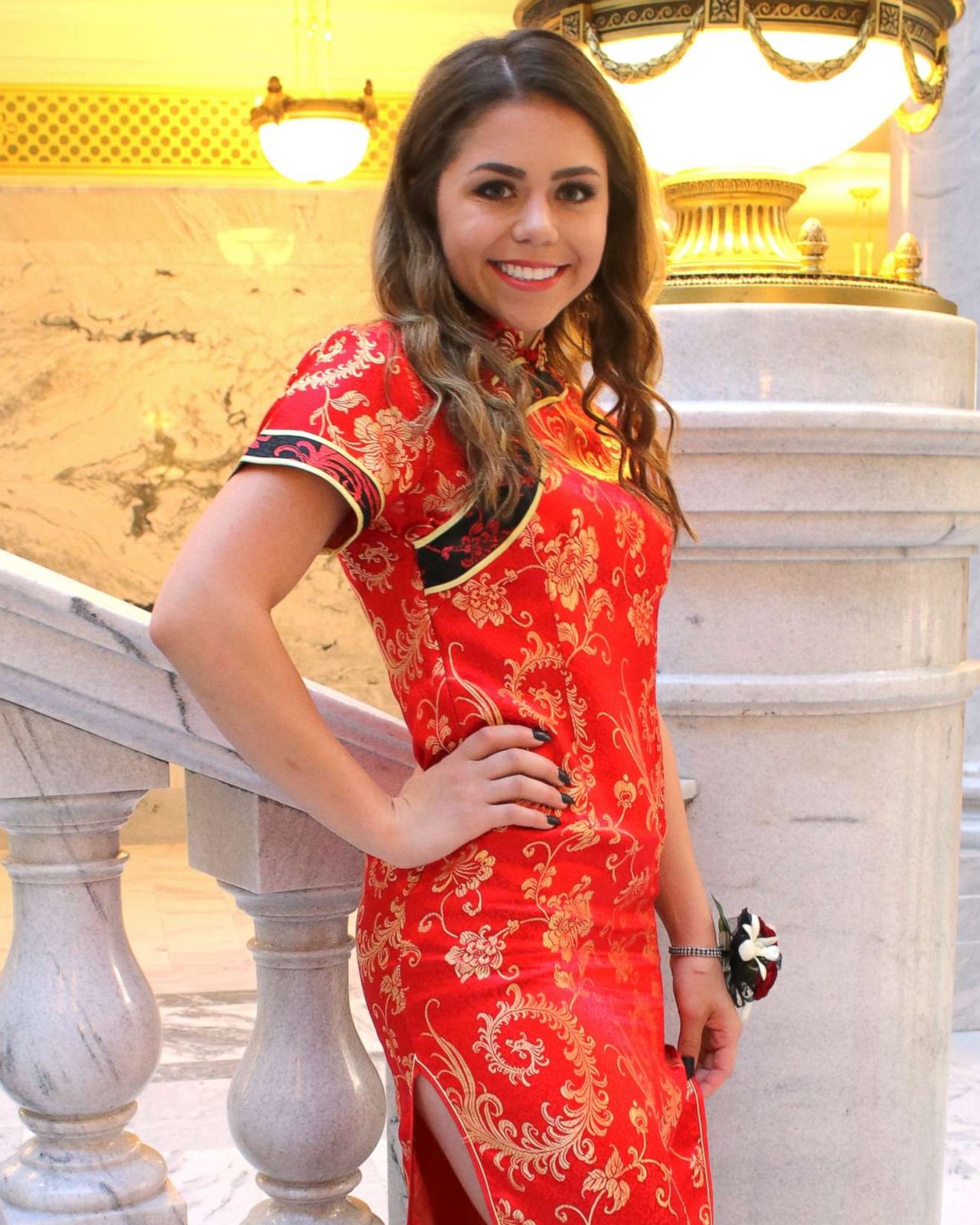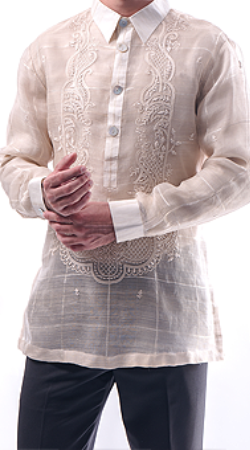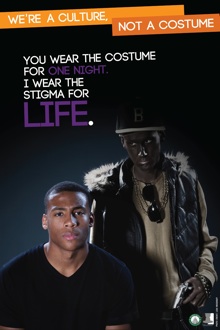
In late April of last year, Caucasian American Keziah Daum dressed in a qipao for her senior prom. After posting pictures on Twitter, a user of Asian descent, Jeremy Lam, replied by stating, “My culture is not your goddam* prom dress.” This ignited a public furore, with Lam gaining over forty thousand retweets and almost one hundred eighty thousand likes. According to Lam, a qipao is a traditional Chinese dress that was made for Chinese women to complete domestic work such as cleaning. However, upon the addition of embroidery and other design, Chinese woman were not allowed to wear these publicly due to the patriarchal oppression at the time. Thus, the qipao became a symbol of activism. Moreover, Lam declares that the qipao “embraces femininity, confidence and gender equality through its beautiful, eye-catching appearance.” In fact, Lam brings up a fairly interesting point: for his culture to be subject to American consumerism and cater to a white audience is parallel to colonial ideology. The dress itself is a physical representation of the hardships and persecution of Chinese woman, and that is something Kenziah does not represent.
In an attempt to prevent further negativity, Kenziah deleted the post and public apologized. She did not mean to disrespect the Chinese culture, but instead show appreciation for it. To put it simply, Kenziah thought the dress was beautiful, and she wanted to wear it to prom. However, just because she deleted the posts, it does not mean the debate is over. One twitter user stated that although he is Asian, he would not wear any other Asian ethnic clothing because there is “a lot of history” behind the clothing. According to this person, under no circumstances should a person ever be allowed to dress in another culture’s historical apparel publicly.

Although I identify myself as Asian American, there is no question that I have been brought up in a predominantly non-Asian community. Growing up, I have made many friends of ethnicities from around the globe. In my opinion, I believe that people should be allowed to embrace others’ cultures. For example, my sister, who is Asian American, is engaged to someone who is of Irish, Italian, and German descent. If he were to wear a barong, a traditional, formal shirt of the Philippines, then I would be fine with it—so long as he wears it at an appropriate time (ex. weddings). If I saw him wearing a barong, I would not be infuriated that he is not a “proper representative” of Filipino culture; instead, I would be proud that he is displaying interest. When I first heard of the “My Culture is Not Your Prom Dress” trend, I admit that I was initially taken aback by the ignorance of our uncultured society. But the more I read about, the more I began to contradict myself. America is a melting pot; it is a culture within itself. Observing diversity is almost inevitable in today’s world, and I personally believe that there is nothing wrong with wearing attire of a culture that is not of one’s own. In the the proper setting.

At the end of October, many people like to dress up to celebrate Halloween. Some people choose to become werewolves, TV show characters, etc. However, some people use this as an excuse to dress up as another culture, some of which are definitely perceived as offensive. In 2012, a poster campaign was started that all sported the following label: “We’re A Culture. Not a Costume.” When I was looking over these posters, I could not help but notice that some of the people donning costumes were people of their OWN race. Take the poster to the left. One colored person is sitting down, staring irritatedly at the camera, with a message above him that reads: “You wear the costume for ONE NIGHT. I wear the sitgma for LIFE.” Standing next to him is another colored person who is wearing an outfit that could likely be a representation of the “gangster” stereotype of black Americans. Another poster featured a blonde white male in the same position as the colored person sitting down in the other one. Next to him was another white male dressed in a plaid shirt and camouflage hat playing a banjo. While the spotlight of cultural appropriation tends to fall on more obvious ethnicities (which is justifiable because these are usually ethnicities that have been largely discriminated against in the past), the public often forgets that no matter our skin color, we all have our culture. To me personally, I am offended by the various racial costumes that people put on to encourage humor, which remind me of my previous posts regarding Black Face and Asian American representation in Hollywood. I believe that it is okay to wear another culture’s apparel, as long as you are appreciative and considerate while doing so. What are your thoughts? Can the same be applied to tattoos, or someone of one ethnicity serving food of another ethnicity?
Leave a Reply